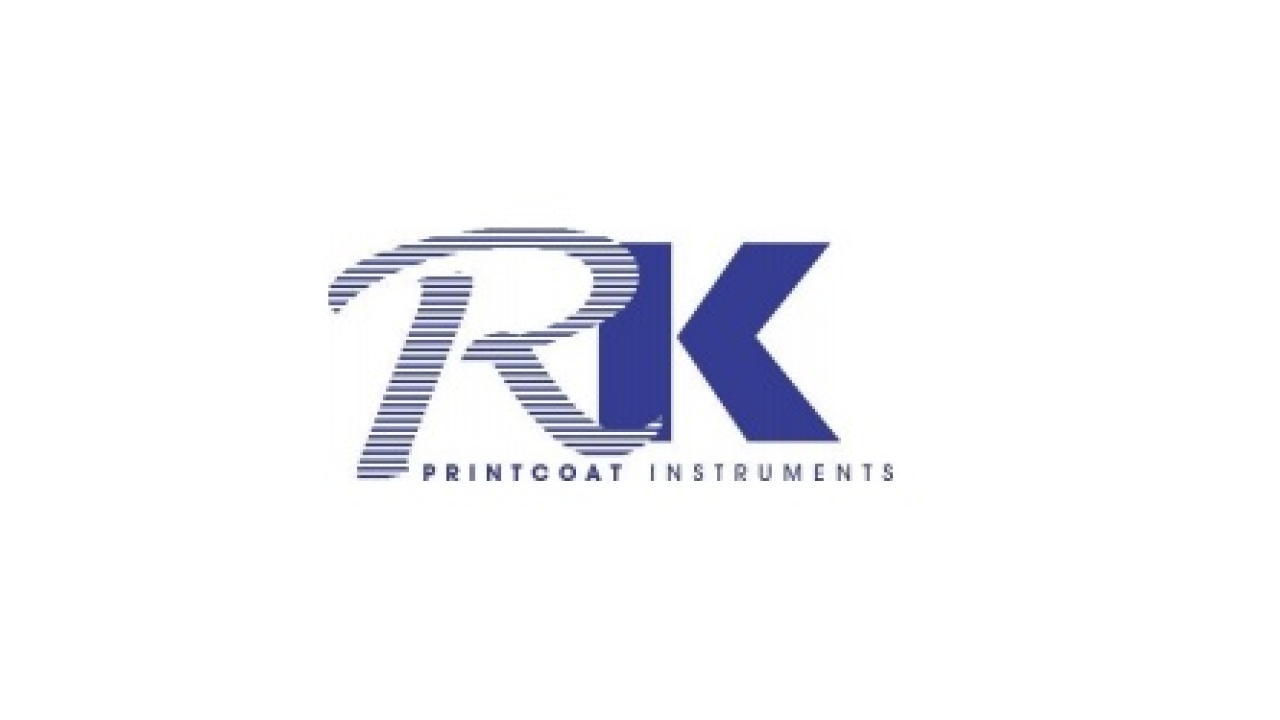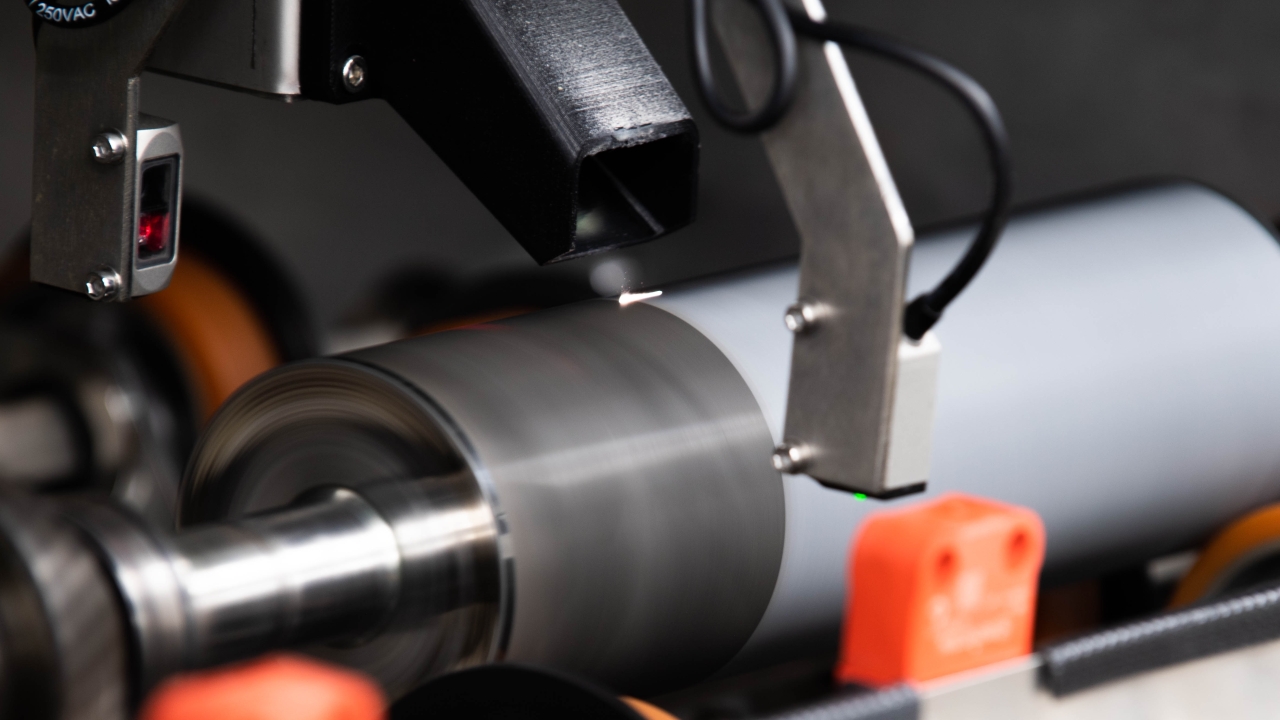RK Print collaborates on printed electronics
RK PrintCoat Instruments, UK, has announced its collaboration with National Centre of Flexible Electronics Centre at Indian Institute of Technology, Kanpur (IITK) to design, manufacture and supply a bespoke roll-to-roll pilot line for its latest R&D and prototyping projects in the field of printed and flexible electronics.

RK Print was founded in the early 1960s and has remained a family-run business with more than 60 years of experience in the surface coating industry. Designed and manufactured in the UK, RK equipment has one common theme, the production of repeatable samples; to be used for the purposes of research and development, quality control.
Well known for the K Printing Proofer, RK received increasing demand for a reel-to-reel machine enabling more realistic printability in R&D trials for gravure and flexo inks and substrates. Design of RK’s Rotary Koater (ROKO) began during the mid to late 1970’s and the first machine was delivered soon after.
Building on its developed knowledge of web handling gained from the supply of more than 300 ROKO units, together with ongoing advances in application techniques, RK invested in the design of a more sophisticated machine. The versatile converting machine (VCM) is bespoke in design and is optimized to the specific requirements of each process. Since 2004, VCM equipment has been installed at many locations worldwide, involved in the development of high tech coatings such as printed/plastic electronics, e.g. VTT, Finland.
Darren Ellis, project manager at RK Print is managing and overseeing the design and build of the machine for FlexE Centre said: ‘This long-term project is an exciting one for RK Print to be involved with, developing and adding to our knowledge of the emerging printed electronics market. I am looking forward to working with Juliane and her colleagues at FlexE Centre over the coming months.’
The R2R pilot coating line will have applications such as flexo, rotary screen, slot die, inkjet and direct gravure as well as the integration of plasma treatment and flash sintering.
Professor Monica Katiyar, coordinator of FlexE Centre, said: ‘Access to a R-2-R processing facility in India will provide a boost to development of domestic industry in the field of printable electronics.’
Dr Juliane Tripathi, team leader at FlexE Centre oversees the project from FlexE Centre’s site. She explains: ‘Industrial and even many R&D roll-to-roll printing lines are custom designed for one specific process and cannot be altered easily. However, the FlexE Centre’s line has been designed to be extremely versatile and modular with state-of-the-art printing and sintering technologies that can be combined for broad range of applications in the field of printed electronics. The line will mimic industrial scale processing on R&D level. It will be the first of its kind in India and possibly even worldwide.’
‘We want to conduct R&D by developing partnership with industry and with a view that potentially leads to manufacturing. This R-2-R line will be the link between translational research and industrial process development,’ said professor Deepak Gupta, one of the initiators of FlexE Centre.
He adds, ‘The FlexE Centre’s line will potentially be open to industrial partners to test low-volume manufacturing of new products before they put capital investment in equipment.'
Stay up to date
Subscribe to the free Label News newsletter and receive the latest content every week. We'll never share your email address.

